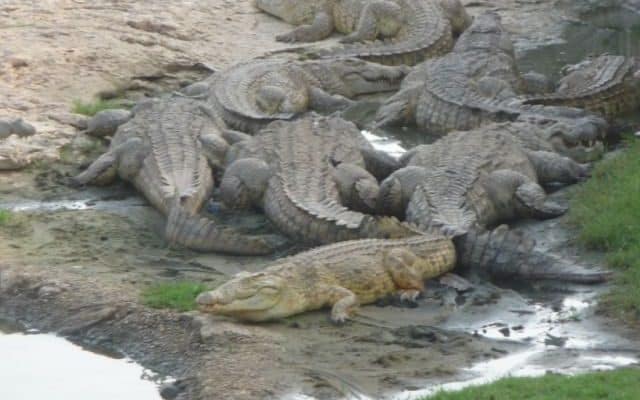After Cameroon in 2022, Ivory Coast is hosting the African Cup of Nations (CAN) from 13 January to 11 February 2024. The event should enable this sporting nation to boost its economic image, as well as showcasing its diversity of flora and fauna through the natural sites of its five main cities.
The 34th African Cup of Nations (CAN) will kick off in Ivory Coast on 13 January 2024. The country of the elephants has pulled out all the stops, notably with the construction and renovation of stadiums, motorways and even hotel infrastructure. The aim is to satisfy the more than 2 million international visitors expected in the five host cities: Abidjan (6 million inhabitants and a dynamic economy), Yamoussoukro (administrative capital), Bouaké (former stronghold of armed rebels between 2002 and 2010), Korhogo (on the border with Mali and Burkina Faso) and San-Pédro (the world’s leading port for cocoa bean exports).
Ivory Coast’s organisation of the continent’s biggest sporting event will also be an opportunity to showcase its ecological potential, which is one of the most diverse in West Africa, particularly the fauna and flora spread across major natural sites. CAN2024 tourists, for example, will be able to visit the chimpanzees in the Banco National Park, which covers 3,438 hectares in Abidjan. It is even considered to be the second largest urban park in the world, behind the Tijuca Park in Brazil. As an illustration, 40% of the Ivorian economic capital’s drinking water is supplied by the Banco, which at the same time captures 90,000 tonnes of carbon dioxide (CO2) per year, according to the Ivorian Office of Parks and Reserves (OIPR). Hence the expression “Banco is the green lung of Abidjan”.
Beyond the lawn, nature puts on a show
Other eco-tourism destinations where fans can escape after a football match include the seaside resorts of San-Pédro. There are up to 1,500 kilometres of beaches covered in fine sand and home to a population of marine turtles and coral reefs. But it is the Nawa waterfalls that should win the hearts of all football fans. These waterfalls, so dear to the heart of the Ivory Coast government, are among the most spectacular attractions in Alassane Ouattara’s country.
Read also- SENEGAL: The Abdoulaye Wade Stadium will be connected to a solar power plant
As for the best places to visit in Yamoussoukro, between now and 11 February (the end of the African Cup of Nations), nature lovers will be able to contemplate the famous Crocodile Lake, which surrounds the Ivorian presidential palace. Legend has long associated these six-metre long reptiles with the success of several West African politicians since the years of independence. For the time being, this lake and 12 other bodies of fresh water in the Yamoussoukro Autonomous District are being rehabilitated. The project, which aims to enhance the protection and attractiveness of aquatic fauna, has been entrusted to the Centre Ivoirien anti-pollution (CIAPOL) and the regional water and forestry department.
Benoit-Ivan Wansi







